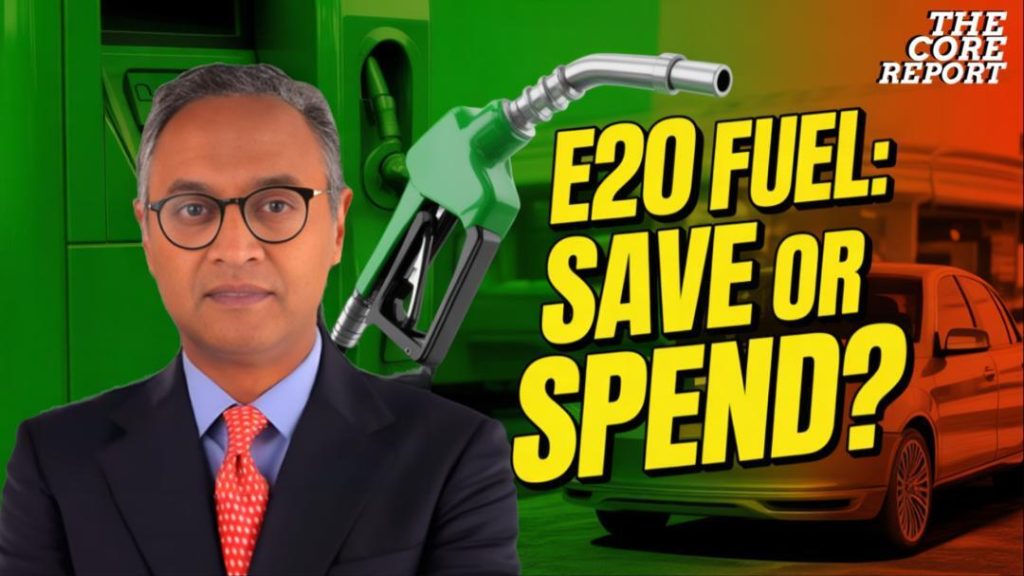
E20 Fuel in India: Benefits, Risks & What Vehicle Owners Must Know
India’s transition to E20, a petrol blend consisting of 20% ethanol, is a significant step towards reducing carbon emissions, boosting energy security, and supporting farmers. The government has been promoting the use of E20 as a cleaner and more sustainable alternative to traditional petrol. But what does it mean for vehicle owners? In this blog post, we’ll delve into the benefits, risks, and what you need to know about E20 fuel in India.
Benefits of E20 Fuel
The primary benefits of E20 fuel are environmental and economic. E20 reduces greenhouse gas emissions by up to 20% compared to traditional petrol, making it a cleaner and more sustainable option. Additionally, the use of ethanol in E20 fuel reduces the country’s dependence on imported crude oil, thereby improving energy security.
Moreover, the government has reported improved acceleration and performance in vehicles running on E20 fuel. The blend provides better combustion and engine efficiency, leading to improved fuel economy and reduced emissions.
Risks of E20 Fuel
While E20 fuel offers several benefits, there are also some risks to consider. One of the primary concerns is the potential impact on older vehicles not designed to run on E20 fuel. These vehicles may experience engine wear, fuel system corrosion, and mileage loss due to the higher ethanol content.
Older vehicles may require modifications to their fuel systems to accommodate the higher ethanol content in E20 fuel. Failing to do so could lead to premature wear and tear on the engine and fuel system components.
What Vehicle Owners Must Know
As the government plans to make E20 fuel mandatory for all new vehicles by 2025, it’s essential for vehicle owners to take steps to ensure their vehicles are compatible with the new fuel blend.
- If you have an older vehicle, it’s crucial to check your vehicle’s specifications to determine if it’s compatible with E20 fuel.
- If your vehicle is not compatible, consider upgrading to a newer model or modifying your vehicle’s fuel system to accommodate E20 fuel.
- Regular maintenance is essential to ensure your vehicle runs smoothly and efficiently on E20 fuel.
- Be aware of the potential risks and take steps to mitigate them, such as using a fuel additive to prevent corrosion.
Government Initiatives
The government has taken several initiatives to promote the adoption of E20 fuel in India. Some of these initiatives include:
- The government has set a target of 20% ethanol blending in petrol by 2025.
- A scheme has been launched to promote the growth of ethanol production in the country.
- The government has also provided incentives to ethanol producers to encourage them to increase production.
Conclusion
E20 fuel in India offers several benefits, including reduced carbon emissions, improved energy security, and support to farmers. However, it’s essential for vehicle owners to be aware of the potential risks and take steps to mitigate them. With the government’s plans to make E20 fuel mandatory for all new vehicles by 2025, it’s crucial to take proactive steps to ensure your vehicle is compatible with the new fuel blend.
By understanding the benefits and risks of E20 fuel, vehicle owners can make informed decisions about their fuel choices and contribute to a cleaner and more sustainable environment.
News Source:
https://youtu.be/zM_EyWPyliQ






